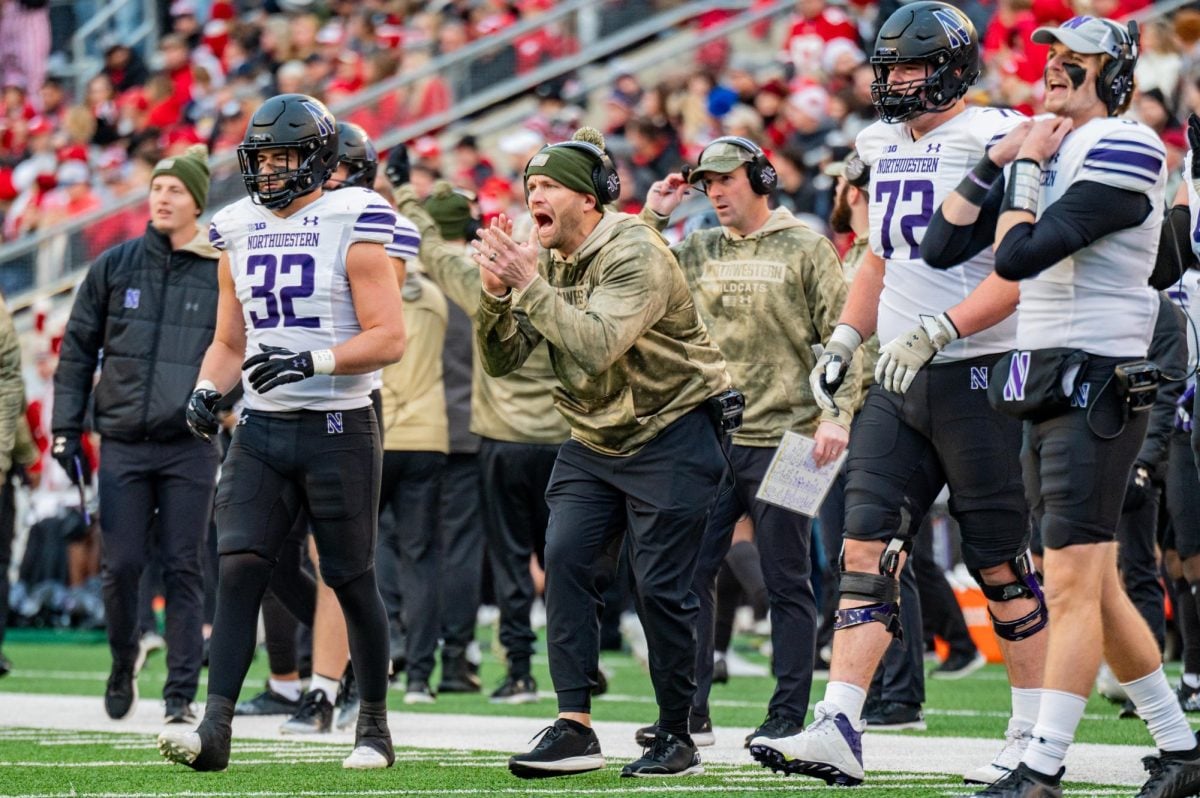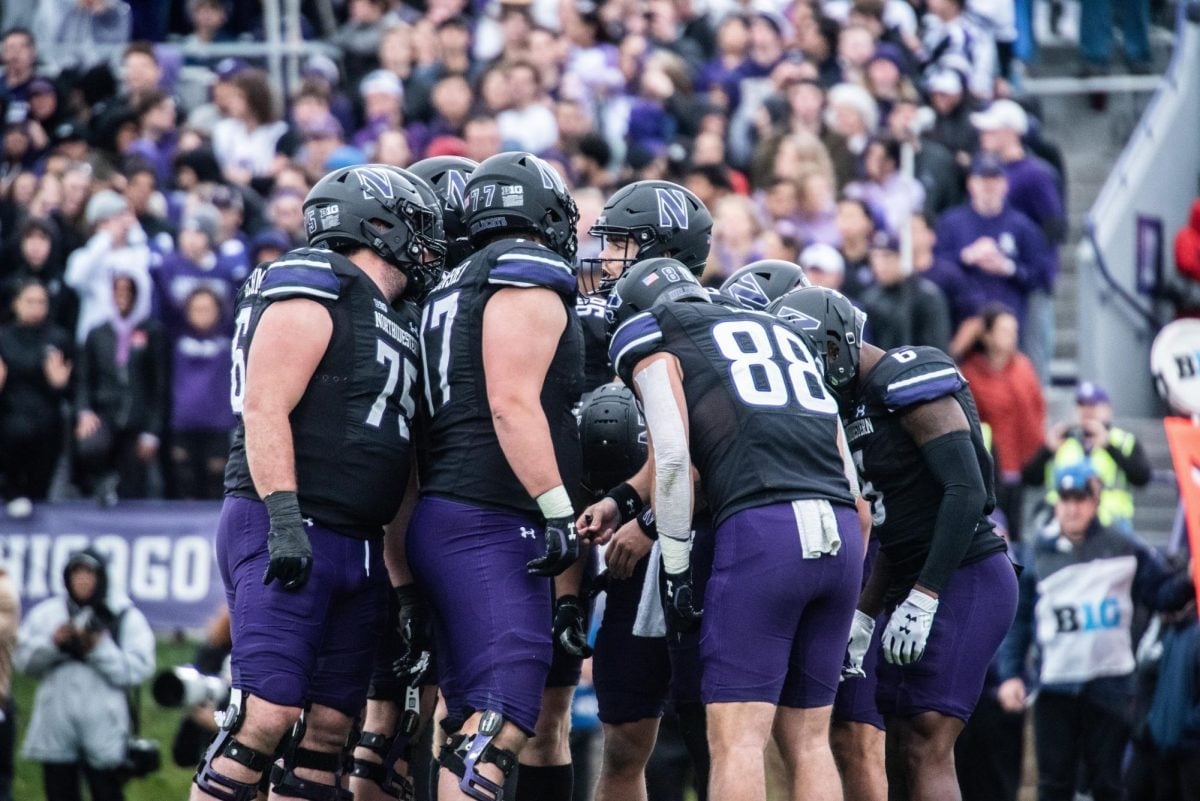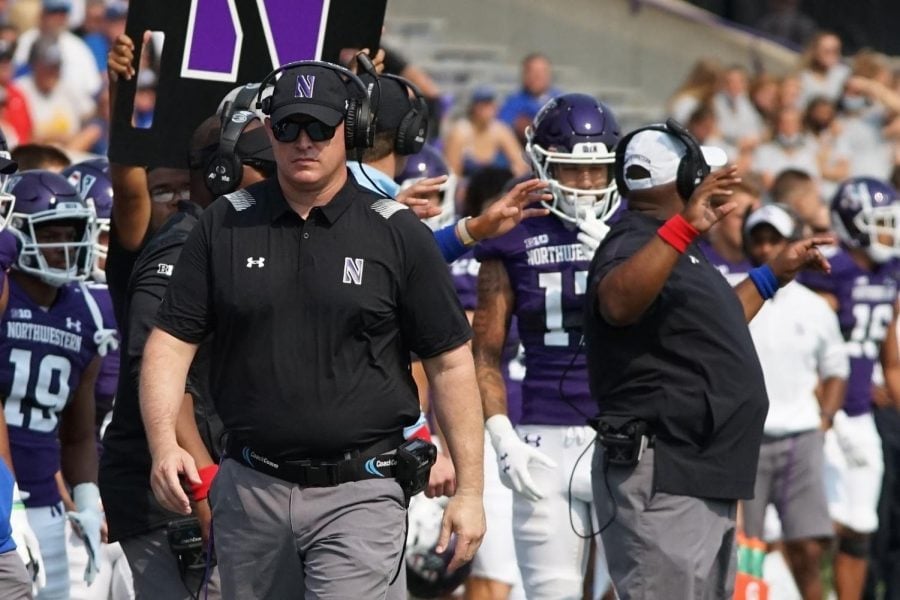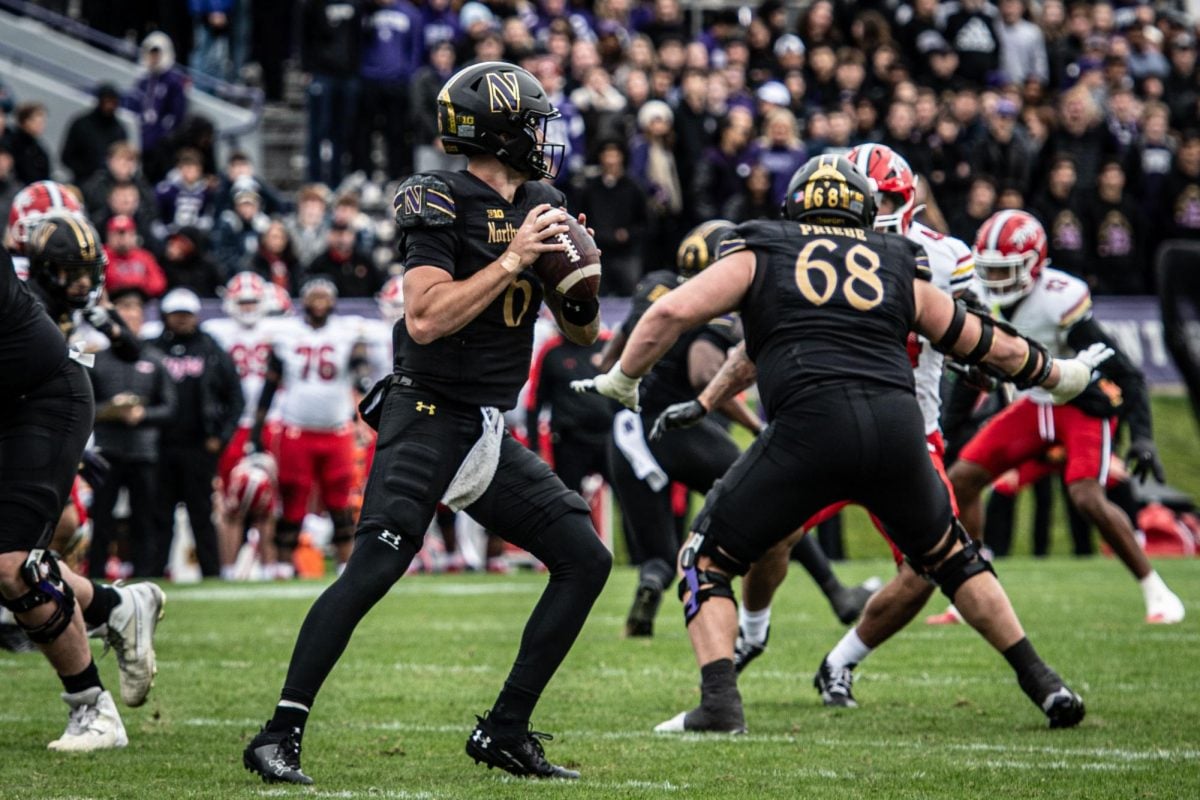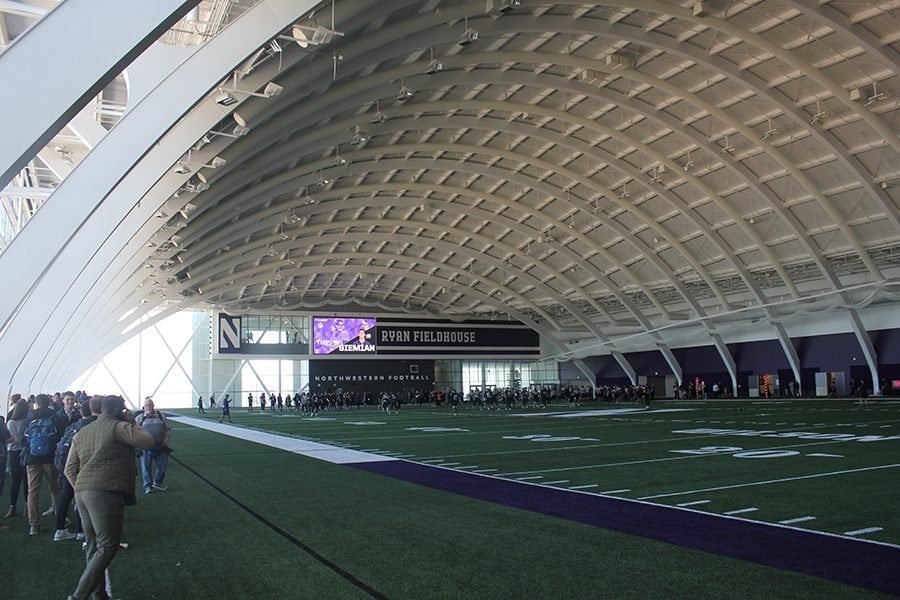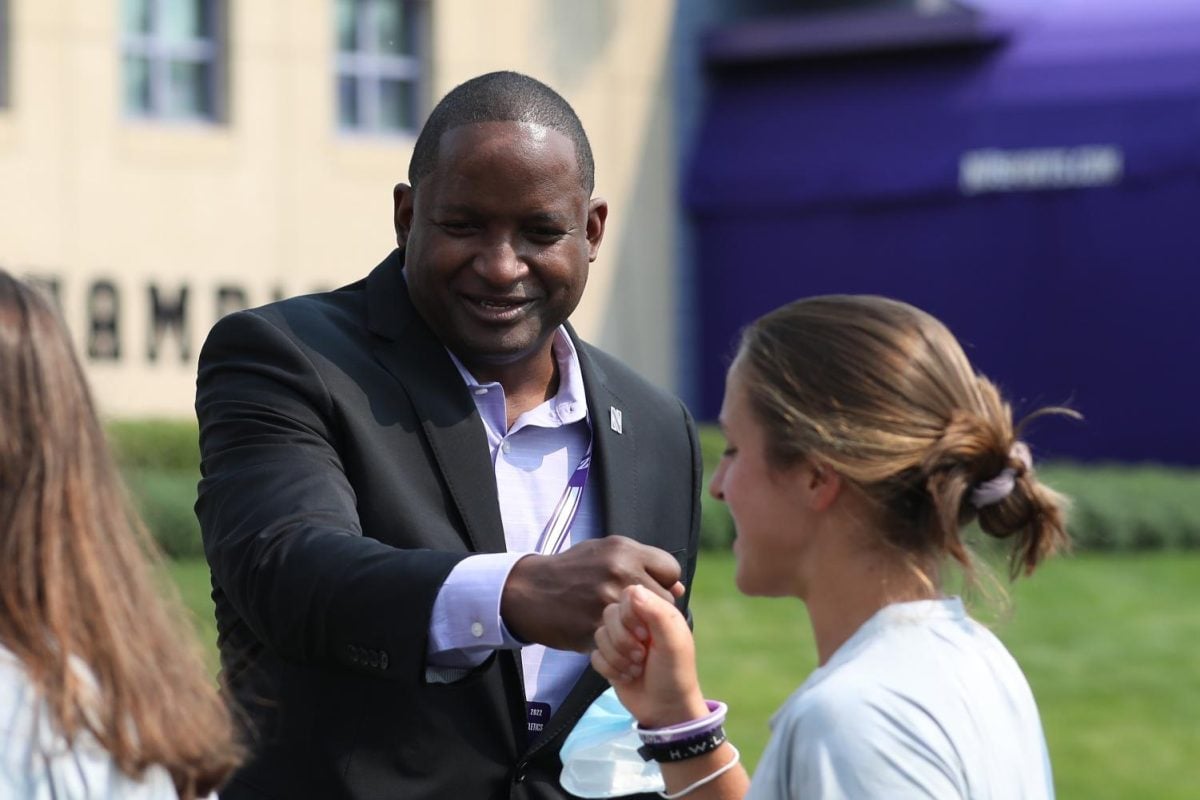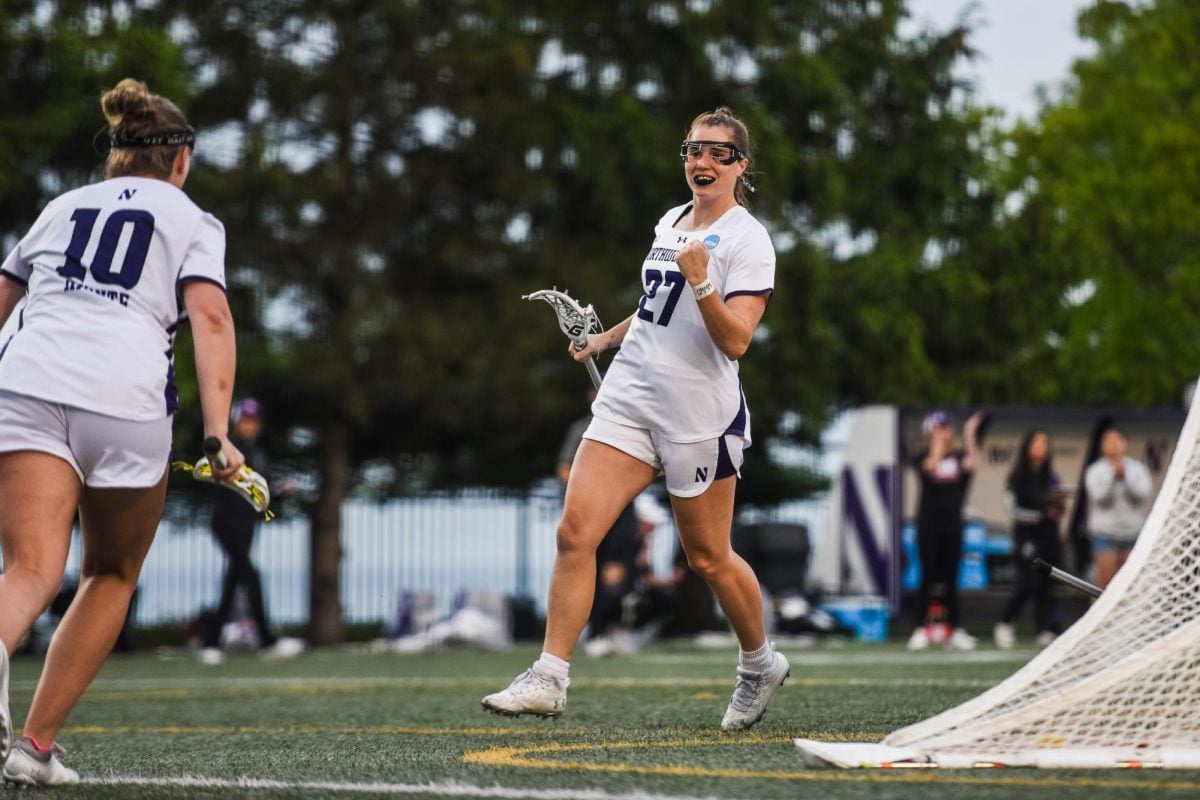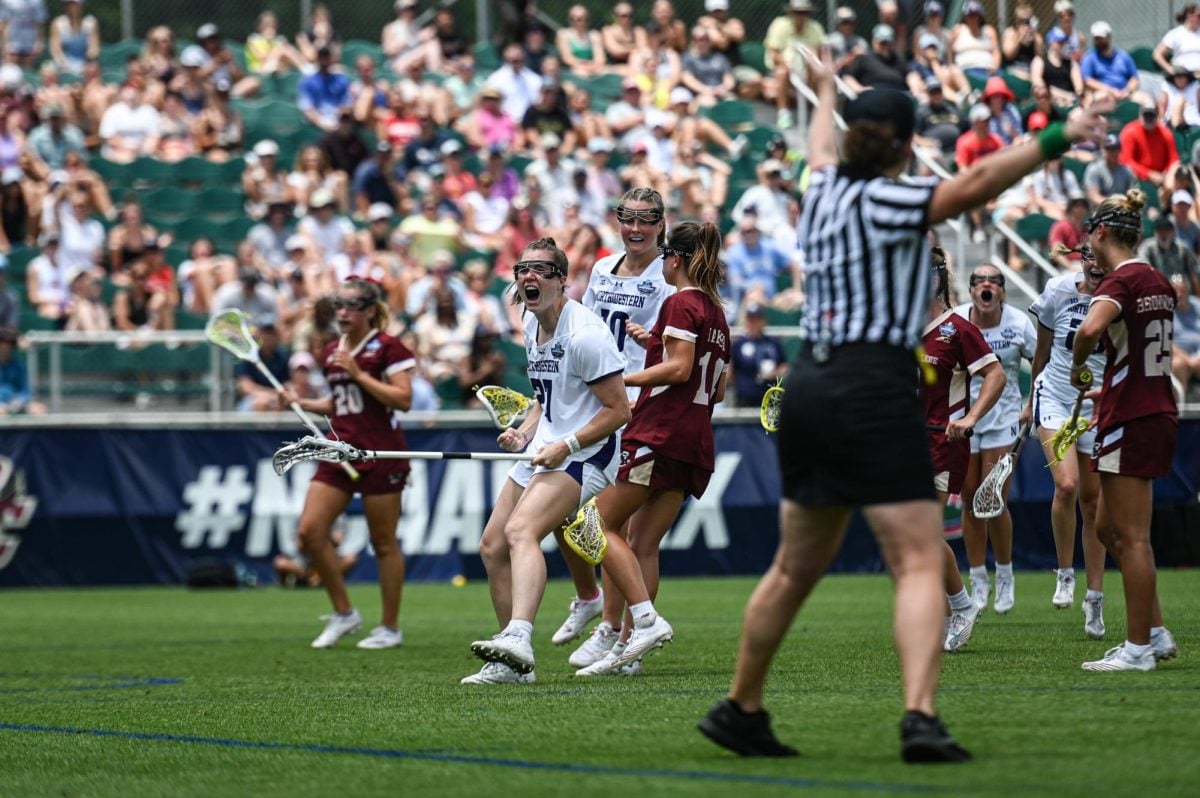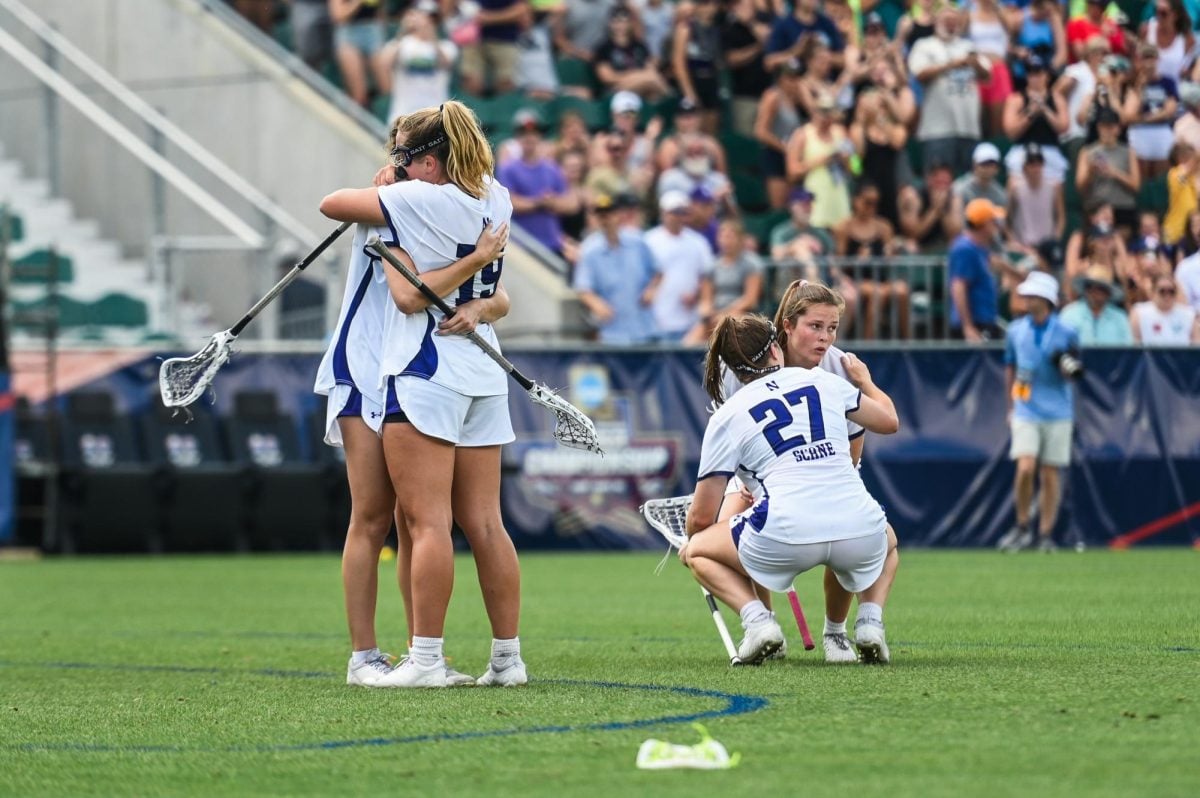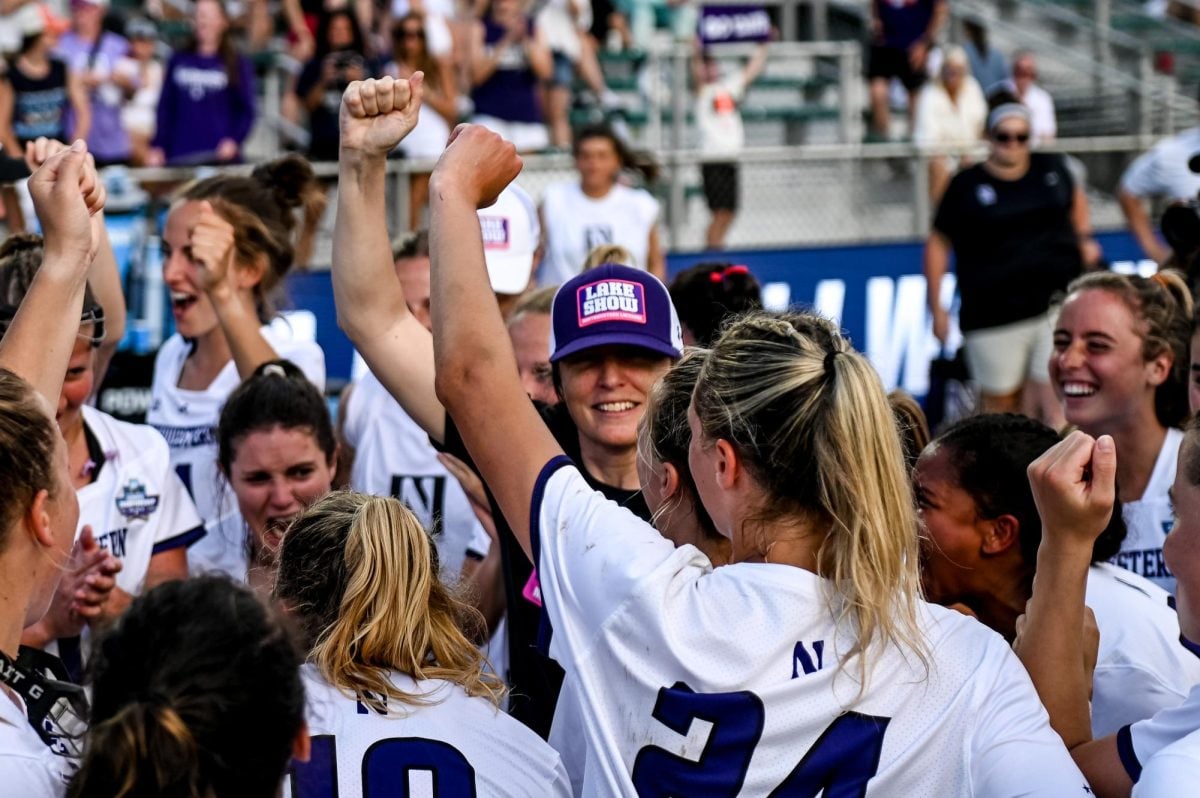For coach Pat Fitzgerald, a football squad is made up of 105 teammates who become brothers over the course of a season. If that’s the case, Quentin and Nate Williams and Aaron and Brett Nagel will always have a head start.
Following Quentin’s arrival in 2008, the Williamses became the first Wildcats brother tandem since Brian and Scott Musso played together in 1997. As for the Nagels, Brett transferred to Northwestern after the 2007 season, joining his younger brother Aaron in Evanston.
“I didn’t have any brothers, so I think it would be an unbelievable experience,” Fitzgerald said. “To be able to do something together like that is pretty special and significant.”
But it almost didn’t happen for both pairs of siblings. Aaron, a 6-foot-1, 225-pound linebacker, initially signed with Notre Dame and played one year under Charlie Weis. After taking a redshirt during the 2007 season, he decided to transfer to NU. His choice came only months after Brett, a 6-foot-4, 220-pound superback, committed to the Cats.
The story for the Williams brothers is similar, but in reverse. Nate was already part of Fitzgerald’s defense when Quentin was narrowing down prospective schools. Quentin, a 6-foot-4, 240-pound defensive end, finally made the decision to come to NU, one that older brother Nate didn’t leave to chance.
“He was committed to Stanford, so I had to kind of squeeze him out of that,” Nate said. “I got in his ear a little bit.”
Fitzgerald is especially pleased that both duos made it to Evanston, explaining the benefits of having family members on the roster. Although their role is downplayed by players, family bonds within a football team can enhance the athletic experience.
“Sometimes you take that for granted, especially when you’re 17 to 23 years old,” Fitzgerald said. “You grow up together, you live together and you want to be your own guy, but you can still be your own guy. It’s your own experience.”
Still, the Williams brothers don’t look past the advantages playing with each other has presented. Nate not only influenced Quentin in his college decision but also looked out for him once he arrived on campus.
This was especially helpful for Quentin, who also plays baseball for Paul Stevens’ club in the spring. This added structure helped his transition to college in balancing both baseball and football practice schedules. Quentin appreciated his older brother’s help both on and off the field.
“It helped me get acclimated and everything,” he said. “As far as football goes, he was an easy outlet, at least at first when I didn’t know many guys.”
The type of chemistry that allows the Williamses to mesh and excel together wasn’t made overnight. It was created over years of playing together and trying to out-perform the other on the gridiron.
Quentin played up at his brother’s age level throughout grade school, teaming up with Nate at Pittsburgh Central Catholic High School. The brothers led the school to the Pennsylvania state championship in the 2004-2005 season.
“One of our guys got hurt, so (Quentin) was a freshman coming in playing on a top 10 team in the country,” Nate said. “So we had a good time with that and played some great football.”
The Williamses haven’t just helped build team chemistry – they’ve also helped the team on the field. Nate has collected 26 tackles, two-and-a-half of which went for a loss. He was crucial in leading the team to the Alamo Bowl by manning the middle of NU’s linebacking crew after Malcolm Arrington went down with a torn ACL. Quentin has compiled five tackles and an interception this year.
The presence of both the Williamses and Nagels has promoted Fitzgerald’s idea of togetherness, which he considers essential in both celebrating victory and moving on from defeat.
That’s why Fitzgerald doesn’t call the Cats a football team; he calls them a football family. And building a family is easier when the team has two sets of brothers.












